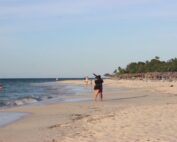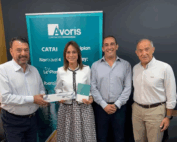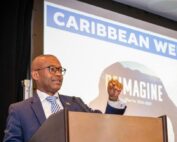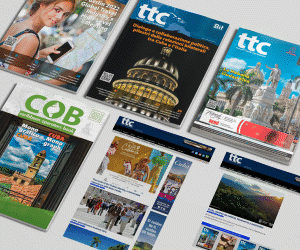UNESCO presents progress on sustainable tourism and intangible heritage project
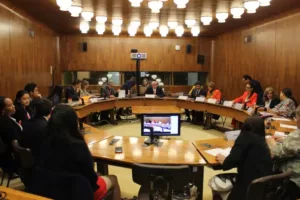
The 3-year project strengthens the cooperation between cultural, tourism and urban development sectors towards more sustainable tourism practices, as well as better safeguarding of intangible cultural heritage in urban contexts. Generously supported by the Ministry of Culture of the Kingdom of Saudi Arabia, a total of 10 countries in the region benefits from the ongoing efforts: Belize, Costa Rica, Cuba, Dominican Republic, El Salvador, Guatemala, Honduras, Mexico, Nicaragua and Panama.
During the discussion at its Headquarters in Paris, France, UNESCO presented the various undergoing activities, including the workshop ‘World Heritage and Sustainable Tourism: Enhancing visitor management and community engagement’ to take place in June 2024 in Oaxaca, Mexico.
‘This landmark project creates meaningful synergies between tangible and intangible heritage. Through an integrated approach, we aim to unlock the potential of cultural tourism for sustainable livelihoods with communities firmly in the driving seat’ said Ernesto Ottone R., Assistant Director-General for Culture of UNESCO.
Abel Abdiel Aronátegui Vivies, coordinator of the Central American Integration System (CECC/SICA) which serves as the regional implementation partner, emphasised the importance of visitor management in World Heritage sites and safeguarding intangible cultural heritage in urban contexts. Praising the inclusive approach, he said ‘The footprints of those who journeyed together are never wiped away.’
Representatives from the above countries underlined the symbiotic relationship between World Heritage and living heritage in the region. The project thus reflects the way culture is understood, practiced and passed down over generation, in which tangible and intangible heritage are seen as one. They also thanked the Kingdom of Saudi Arabia, represented by Faisal Al Omair, Advisor, Permanent Delegation of Saudi Arabia to UNESCO, for making this timely project a reality.
The project responds to a call made by the historic MONDIACULT 2022 Declaration, which recognized culture as an enable for ‘context-relevant models of economic and social development’ including tourism.
This exchange session was held in parallel with the tenth session of the General Assembly of the States Parties to the Convention for the Safeguarding of the Intangible Cultural Heritage.

MORE NEWS



